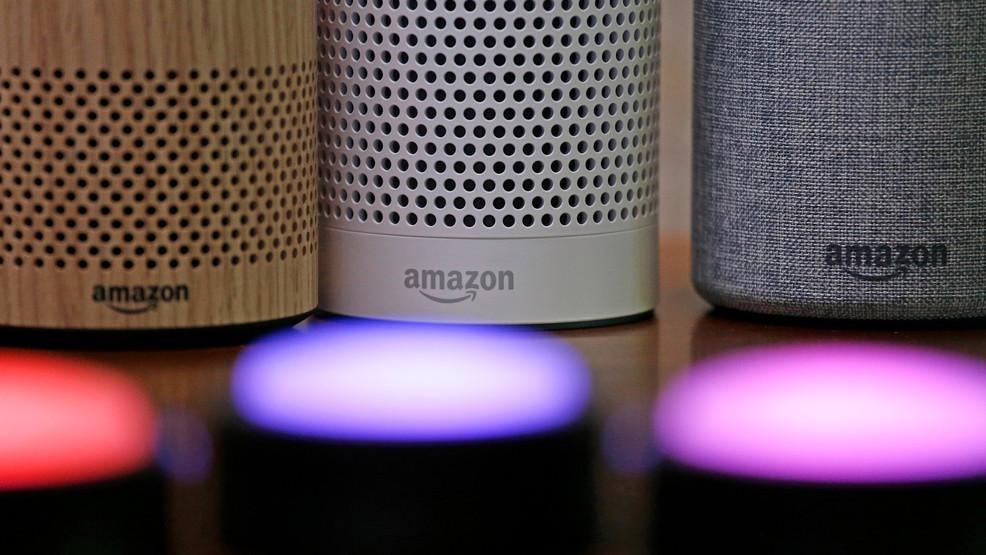In a high-stakes showdown over data privacy, Amazon has reached a landmark settlement with the US government, putting an end to a contentious dispute concerning children’s personal information.
The settlement, approved by a federal judge in Washington, requires Amazon to overhaul its data handling practices and pay a substantial $25 million fine. This resolution comes as a response to a 2019 complaint filed by a group of privacy advocates who accused the tech giant of holding onto children’s voice recordings and transcripts far beyond the allowable timeframe specified by the Children’s Online Privacy Protection Act (COPPA).
Despite Amazon’s insistence on adhering to federal privacy protections and the absence of any admission of wrongdoing, the settlement mandates critical changes to how the company manages user data, particularly concerning children under the age of 13.
Emphasizing the significance of parental control over their children’s data, Tessa M. Gorman, an acting US attorney in Washington, lauded the settlement. As part of the agreement, Amazon is required to design and implement a process for deleting data from children who have not used Alexa for at least 18 months, ensuring that parents or guardians are notified beforehand.
In a bid to enhance transparency, Amazon must also display the settlement information prominently on its “Parent Dashboard,” empowering adults to set usage limits on Amazon services for their children. The company commits to fulfill this requirement within the next month.
While Amazon continues to maintain its innocence and denies any violations of the law, the settlement allows them to put the matter behind and move forward. In a gesture to resolve the issue, the company pledges to make a small modification to its existing practices, removing inactive child profiles unless expressly retained by parents or guardians.
This settlement is crucial for Amazon’s voice assistant division, particularly Alexa, which has faced persistent privacy concerns. Despite its widespread popularity, Alexa has not proven to be a significant revenue generator for the company. Reports indicate that consumers primarily utilize it for routine tasks such as checking the weather or playing music rather than engaging in substantial transactions through the Echo device.
The legal confrontation leading to the settlement unfolded earlier this year when the Department of Justice filed a lawsuit against Amazon at the FTC’s request. The complaint accused Amazon of misleading consumers about how much they retained access to children’s data, storing personal information, including voice recordings and transcripts, even after accounts became inactive.
In the aftermath of the settlement, Josh Golin, executive director of Fairplay, a nonprofit advocating for children’s privacy, expressed satisfaction with the outcome. He hailed the limitations imposed on Amazon’s handling of sensitive data. He praised federal regulators for taking robust action to protect children’s privacy under the Biden administration and the leadership of FTC Chair Lina M. Khan.
However, as the dust settles, concerns remain about the extent of federal regulators’ diligence in enforcing the settlement. Suzanne Bernstein, a law fellow at the Electronic Privacy Information Center, emphasizes the necessity for strict monitoring of Big Tech companies, including Amazon, to ensure unfaltering compliance with FTC orders.
To safeguard children’s data, Bernstein asserts that the FTC must closely oversee Amazon’s adherence to the settlement, holding them accountable and preventing illicit profiting from children’s information.
The Amazon settlement is pivotal in the ongoing battle for data privacy. Still, its true impact lies in the vigilant oversight and steadfast enforcement that will shape the future of children’s online protection.

